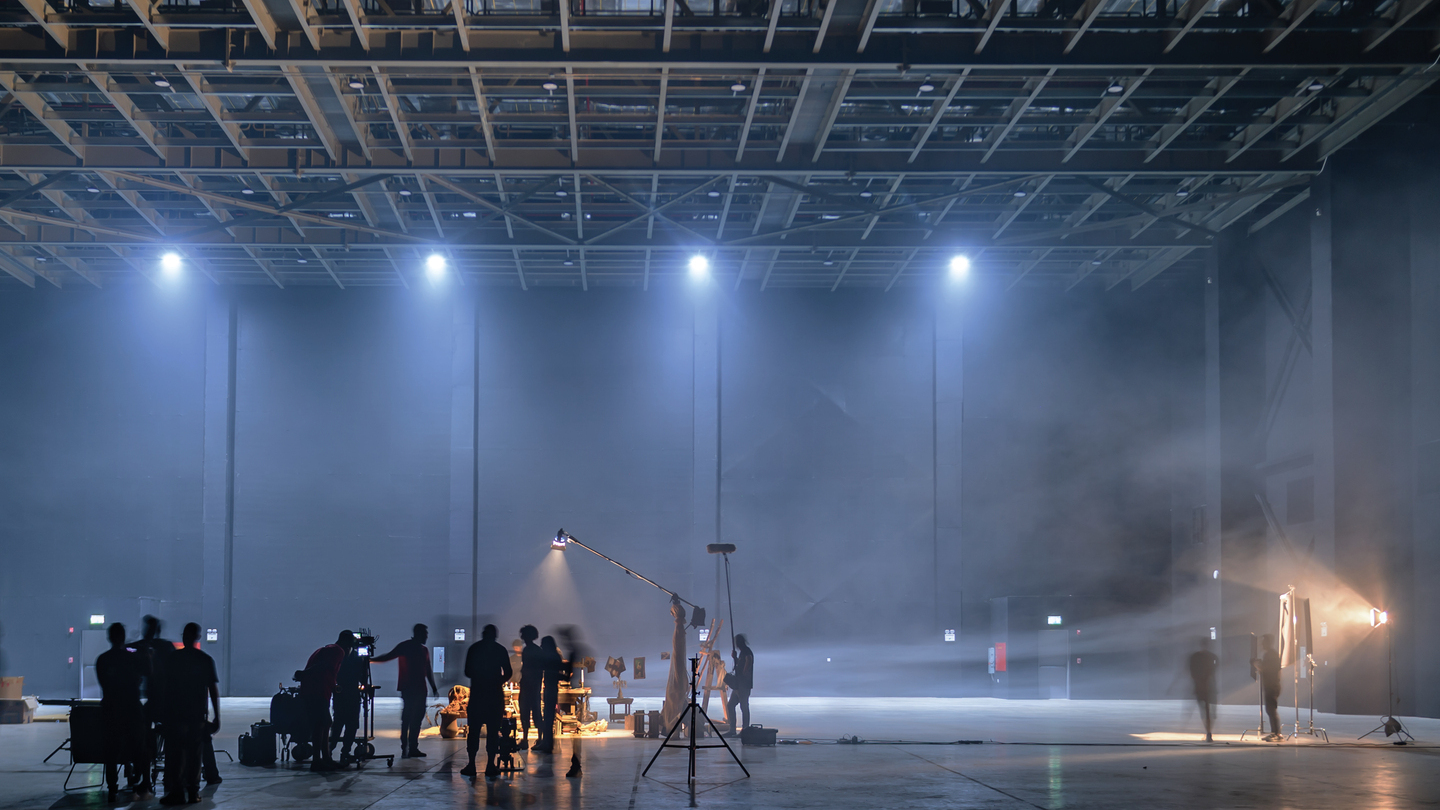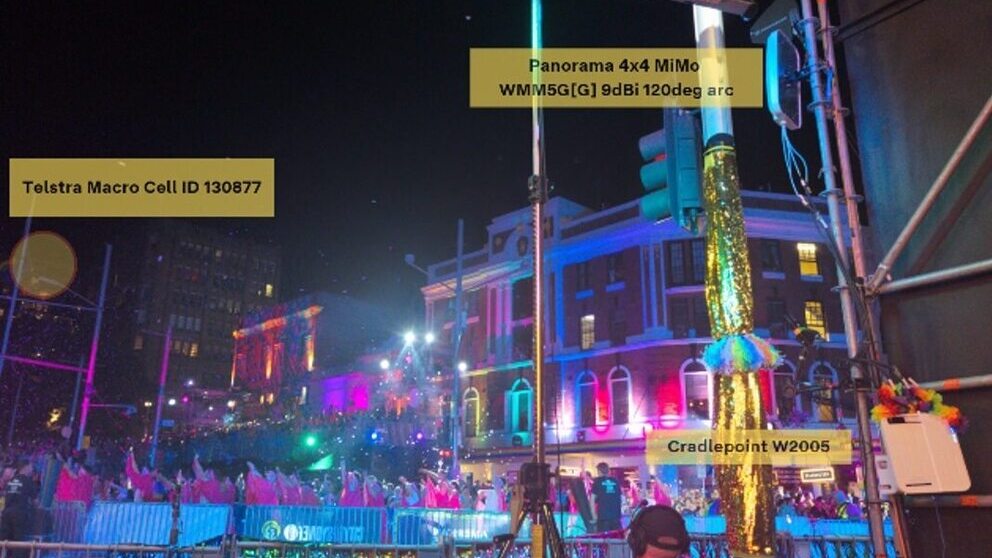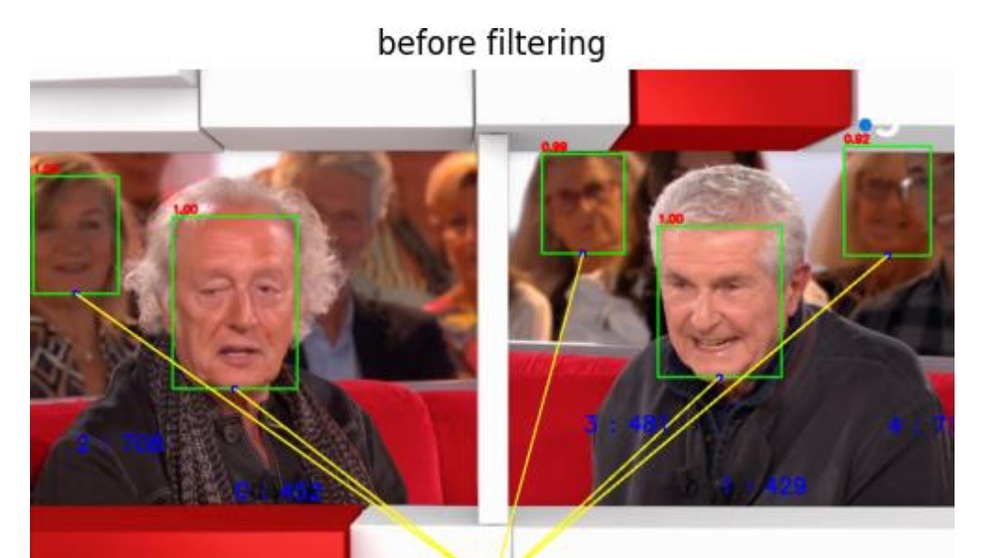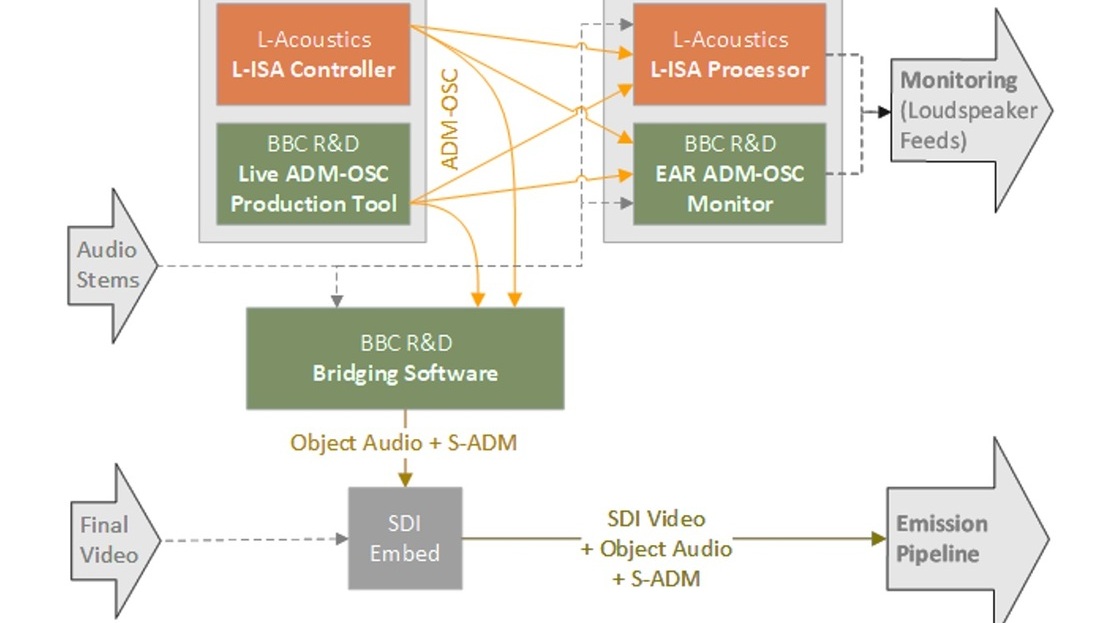In the first of two articles about the IBC Technical Papers Programme, David Davies explores the workings of the committee which oversees the annual proposal and presentation processes, as well as some notable highlights from recent years.
The primary goal of the annual IBC Technical Papers Programme – which is to showcase original, novel research on solutions to real-world problems faced by the international broadcast and digital media industry – is easily explained and understood. But behind that transparent objective is a Technical Papers Committee that oversees a phenomenal amount of work every year, from the initial offer of papers through to selection, review and presentation during the IBC Conference.

For the last eight of its 57 years, the Technical Papers Committee has been chaired by intellectual property and technology consultant Dr. Paul Entwistle, working closely alongside Dr. Nicolas Lodge, who runs his own technology consultancy, Lodgical Media. Entwistle first became involved in 2010 when he joined the review panel, whilst Lodge has been involved in the Technical Papers Programme in one capacity or another for the best part of three decades.
“Technical Papers is an opportunity for researchers and technology innovators to showcase their work among peers,” says Entwistle. “The breadth of technology covered by our industry is impressive, and not only can you debate the cutting edge details in your own field of expertise, you can also get a flavour of what is happening in the broader industry.”
Collectively, the papers typically address all sectors across the media, entertainment and technology industries, and are delivered by a blend of industry professionals, academics and R&D experts. Determining which papers are invited to be developed and submitted is a 20-strong committee whose “mixture of industry veterans and experts” encompasses a similarly diverse range of technologies and applications.
Novel technical disclosures
The annual Technical Papers schedule begins in January with the issuing of a ‘call for papers’ that invites the submission of short synopses from across the industry. Then, in February, the committee begins to sift through the proposals, which normally number in the hundreds.
Of the priorities which govern the selection process, Entwistle says: “We’re always looking for novel, unpublished technical disclosures that we think will be of interest to our audience. We work through them, trying to weed out as much product marketing as we can, and ultimately going through a process of ranking the synopses. We invite a modest number of the most promising entrants to produce papers, which are then the subject of a detailed peer review that includes providing feedback to the authors about how they can improve their papers. Finally, the best of the papers form the content of the Technical Papers conference, the programme for which is finalised in July.”
Of the characteristics which tend to define a first-class Technical Paper, Entwistle says that it will be about “something that is new, and will contain a detailed disclosure about the new thing and how it builds on what has gone before. Ideally, there should also be some quantitative characteristics that explain why it is as good as it is, and how it compares to other developments.”
“Novelty is important, of course,” adds Lodge. “But with there being a conference [as part of the programme], it’s also good to have papers that are entertaining and educational. We’re also looking for something that shows some potential for influencing the media technology industry, and very often we’ve been keen to have papers which demonstrate experimentally or by trials that a new service or system works and is suitable [for implementation].”
Some of the submissions, notes Entwistle, also incorporate case studies, so strictly speaking they might not be “a new invention, but might be a new implementation of a technology. That can be a very useful disclosure to the industry as well [in terms of explaining] how a team of people or companies collaborated, pulled a system together, and made it work – and the challenges they encountered along the way.”
At the conference, each paper selected for presentation is allocated 20 minutes for the authorial address, followed by five minutes or so for a Q&A. The Committee also works with an expert from the Institute of Engineering & Technology (IET) to choose the Best Paper from each year’s submissions, with recent Best Paper award recipients including ‘Enhancing sport with virtual reality’ and ‘Managing personal data when making recommendations’.
Last year’s Best Paper was awarded to ‘The use of 5G at the coronation of King Charles III’, which covered the collaboration between Strathclyde University’s Software Defined Radio team (StrathSDR), spin-out company Neutral Wireless, BBC and other key partners to deliver the world’s largest temporary private 5G standalone network, which was used by 20 leading broadcasters for the historic event in May 2023. Eight 5G cells were established along The Mall in London, providing “reliable and uncontested coverage” from Buckingham Palace to The Arch. The network delivered 1 Gbps of wireless connectivity, carrying HD video from wireless cameras to production centres worldwide.
“It was an extremely impressive piece of engineering that showcased how 5G has come of age, not only for delivering fast internet on your smartphone but also as a tool within the industry,” says Entwistle.
Class of 2024
From the original list of 327 proposals, around 40 were invited to produce an actual paper this year – 27 of which were selected for presentation at the conference, to be divided across a total of nine sessions (the full schedule can be accessed here).

There can be various reasons for a completed paper to not make it through to presentation at the conference, including a level of technical detail that might be off-putting to the general delegate. “It might be a very worthy paper, but contains a lot of mathematics,” suggests Lodge. “We are aiming for a [broader] audience, which is not always people who are specialists in particular areas of technology, so in some cases, it’s better to keep and publish the paper, but not include it in [the conference schedule].”
Avoiding content overlap can be another consideration, says Lodge: “Sometimes there are two papers which are both excellent but quite closely aligned [in topic], and obviously it would be tedious for an audience to sit through the same sort of content again. So in those instances, we’ll only allow the better one to be presented, but publish the other one as well so its content isn’t lost.”
The general feeling is that, once again, authors have delivered a superlative set of papers this year. “We’re really pleased with the quality of submissions, which seems to have been building and building post-Covid,” says Entwistle.
The range of topics covered is simply impressive. Lodge notes that in the Best of IBC 2019 publication, it was observed that about 50% of all synopses submitted that year “involved AI in some way. Now, five years later, we no longer bother to record this statistic” – a testament to how commonplace AI has become in media technology research and debate. But what has increased exponentially during that period is the comprehension of its potential applications, and at IBC 2024 attendees can expect to find out more about future implementations of Generative AI, in particular.
Volumetric video generation, media provenance, energy efficiency and video compression also feature prominently in the 2024 papers, which is explored further in the second part of this series.

Content Everywhere: a look back at 2024
As the year draws to a close, it seems an opportune time to ask Content Everywhere companies for their views on the top trends in 2024. As always, key industry players have been keen to respond with comments and views on how the past year shaped up both for them and the wider industry.

AI and the evolution of MAM: Part three – future outlook
In the final part of our investigation into MAM’s current and future relationship with AI, James McKeown analyses where the technology is likely to take asset management capabilities next, and the other factors driving the evolution of the space.

RSIFF: Kingdom underlines ambitions to become filmmaking powerhouse
Saudi Arabia's cinema market is experiencing a cultural renaissance, driven by increasing local productions and a growing appetite for diverse storytelling, reports Adrian Pennington from the Red Sea International Film Festival.

AI and the evolution of MAM: Part two – current applications
In part two of IBC365’s exploration of the MAM ecosystem, James McKeown finds out where AI is currently having the most positive impact on media workflows.

AI and the evolution of MAM: Part one – risk analysis
Forms of AI and automation have been making efficiencies in media asset management (MAM) systems for some time, but as the technology becomes more powerful and its potential applications more expansive, what are the major considerations and risks of AI’s role in MAM? James McKeown explores in the first of a three-part investigation.




